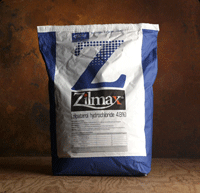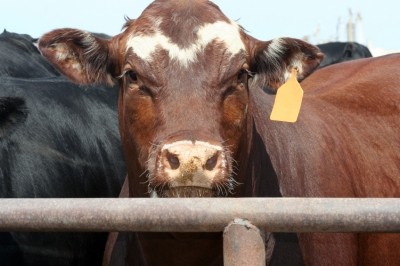Cargill has no plans to harvest Zilmax fed cattle, Merck says the drug is ‘safe’

“Our position has not changed - we have no plans to harvest cattle fed Zilmax,” said Michael Martin, director of communications for US agribusiness group, Cargill.
The meat processor along with Tyson has refused to accept cattle fed with the drug since last year.
The controversial, muscle-building beta-agonist, which is fed to cattle during the last few weeks they are in feed yards, was approved by the US Food and Drug Administration in 2006, but its safety was called into question in August 2013 after video footage emerged in the US of cattle showing trouble walking and other signs of distress after taking a growth drug.
Merck said it obtained the input of industry experts, its business partners and cattle producers about the product and its use due to concerns that, with increasingly higher cattle weights and feed consumption rates, the animals could consume more Zilmax than the approved dose.
It carried out an ‘extensive assessment’ of the feed additive over the past few months, and released its findings yesterday saying the product is safe when used according to its label and in conjunction with sound animal husbandry practices.
Monitoring ongoing research
But the Cargill spokesperson told feednavigator the company is still weighing up the evidence.
“From what we have seen in the way of science and fact-based research, the link between use of a beta agonist and the cattle wellbeing issue that took place in summer 2013 in a portion of an isolated group of cattle remains in question. We are monitoring ongoing research on the topic because animal wellbeing is important to our beef business,” said Martin.
The FDA has approved the updated Zilmax label, and Merck has filed for its approval in Canada as well.
The drugmaker has also proposed a new dosage plan for the zilpaterol product. “A new convenient feed delivery method allows cattle feeders to mix Zilmax in feed to deliver a lower targeted dose of 60 mg/head/day of zilpaterol,” said the company.
Martin reckons there is still buoyant demand for beta-agonists from US cattle feedlot owners.
“The majority of cattle processed in the US are fed a beta-agonist. Given the size of the US beef cattle herd is the smallest since 1951, using approved, proven technology to increase beef protein yield makes sense from the standpoints of sustainable beef production, animal welfare and maintaining the most affordable beef supply possible,” he added.















